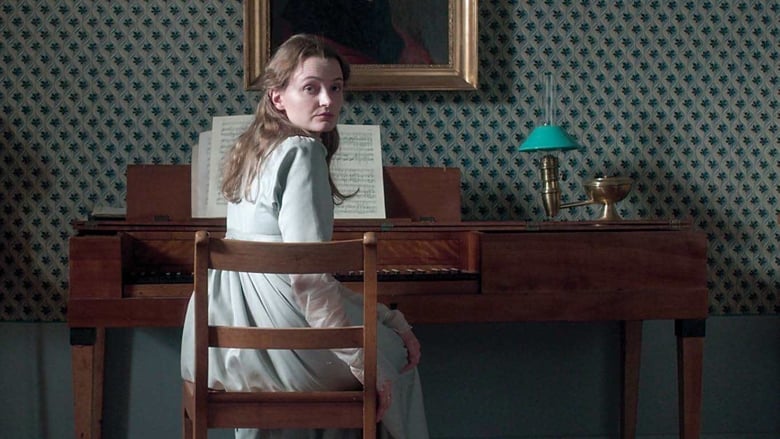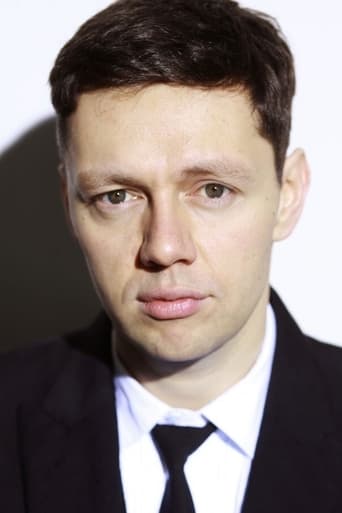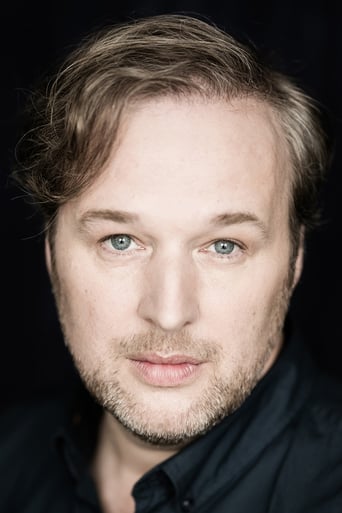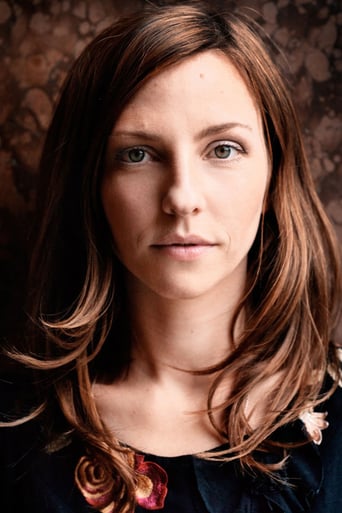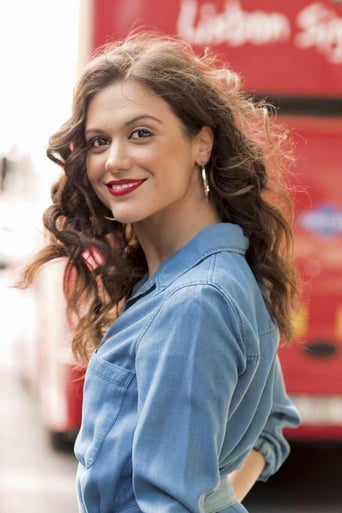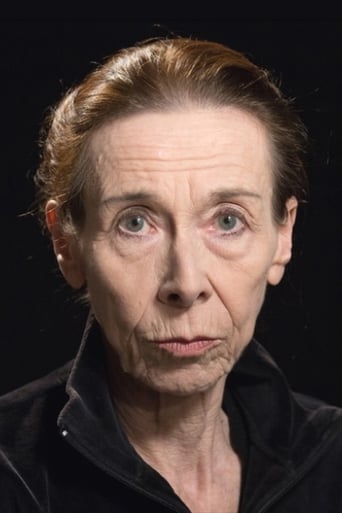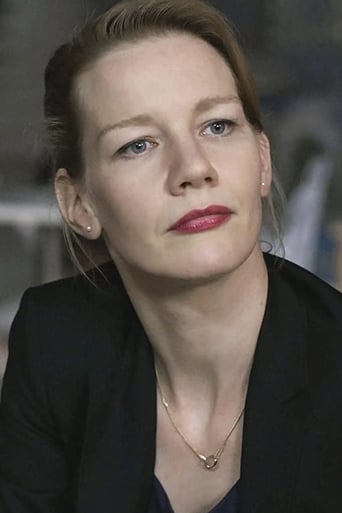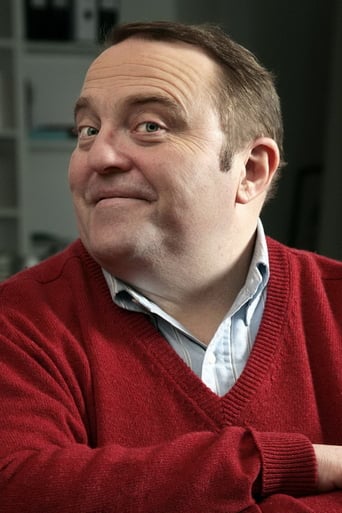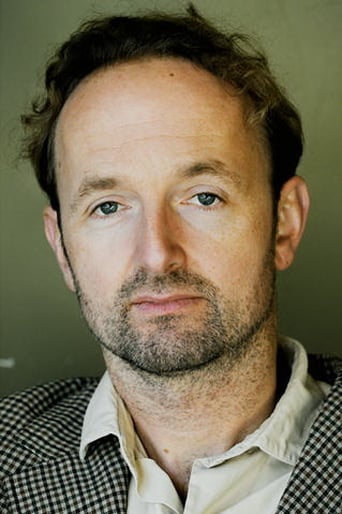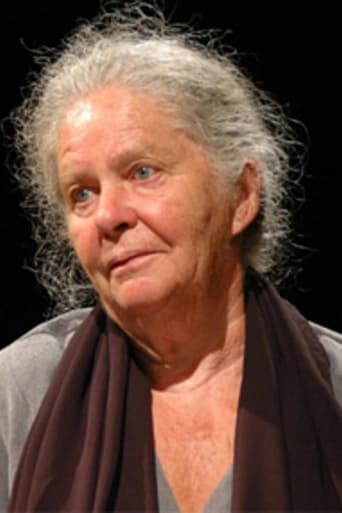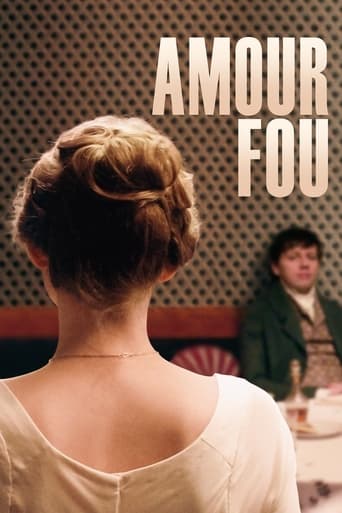
Heinrich wishes to conquer death through love, and when he meets Henriette, the wife of a business acquaintance, she expresses interest in a suicide pact when she learns she has a terminal illness.
Similar titles
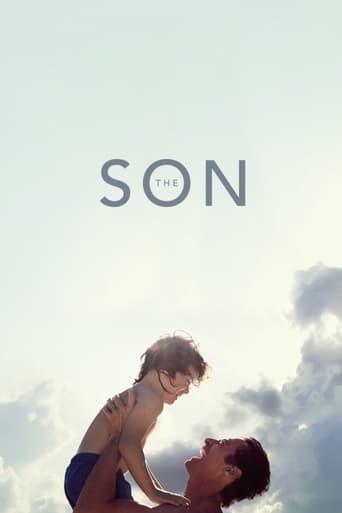
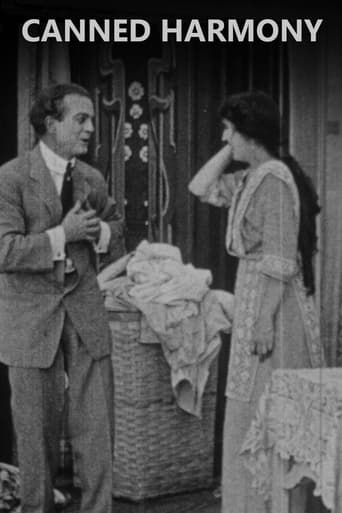
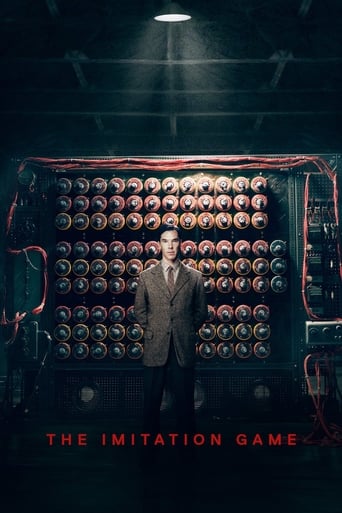
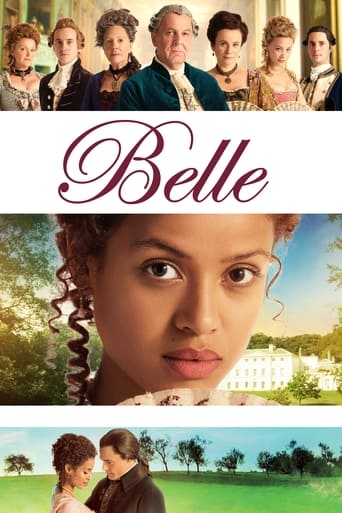
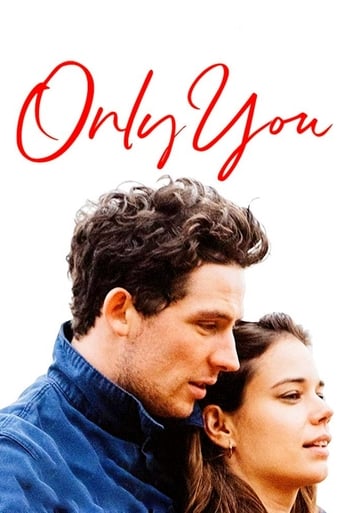
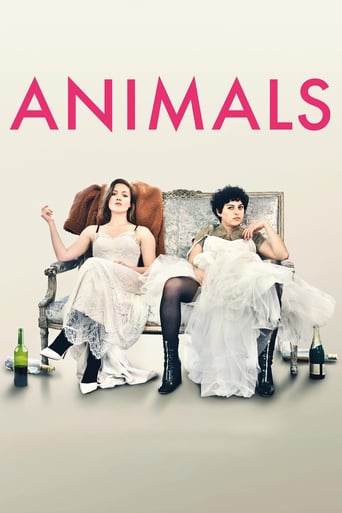

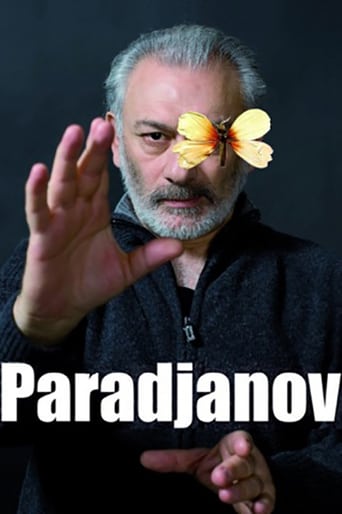
You May Also Like
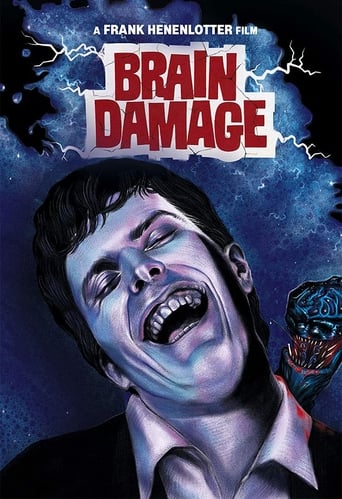
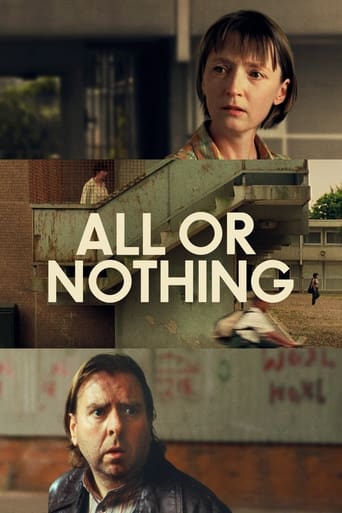
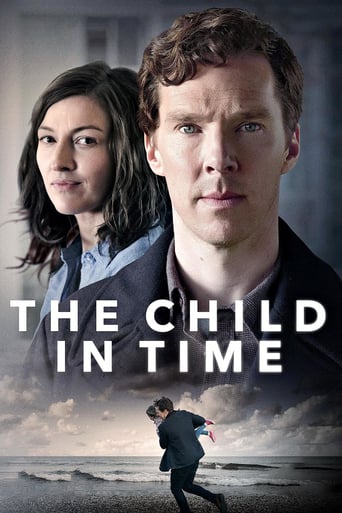
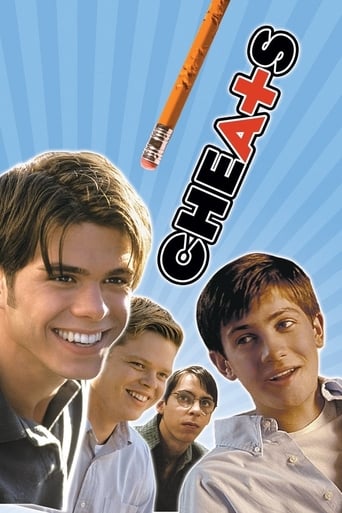




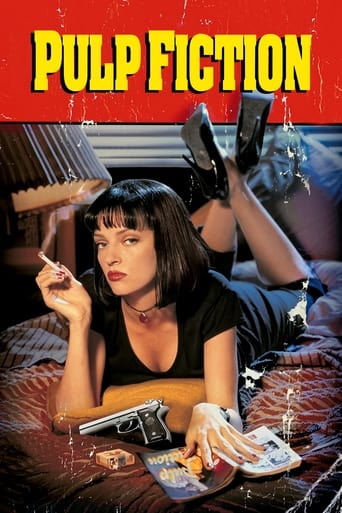
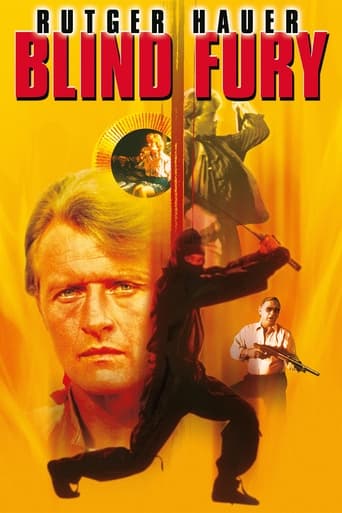
Reviews
Undescribable Perfection
Brilliant and touching
Pretty good movie overall. First half was nothing special but it got better as it went along.
The acting in this movie is really good.
Berlin, early 19th century, Romantic Era, a time when Goethe's writings were leading many young boys to mysteriously commit suicide across Germany, it here we meet a young poet Heinrich (Chrisitan Friedel). Heinrich claims, "that it is not the fear of death, but the fear of life which he cannot live with." The young morbid, obsessive Romantic wants to join what he sees the two tenants of Romanticism in life: the ultimate show of love through death (which he will manifest through a murder suicide). Amour Fou, Austrian director Jessica Hausner's follow-up to her successful look at dogma-less religious fervor, doubt and jealousy in her 2009 success Lourdes, is just as placidly composed and as narratively deliberate as its predecessor, and a brush of black-comedy underlies both. Heinrich, in love with his cousin Marie, wants her to join his suicide pact, but she denies him. Heinrich, forlorn at what he sees as his cousin's inconceivable refusal and distraught by his cousins' insensitivity to his sensibilities, yet seeming a bit like destiny he meets the married Henriette (Brit Schoenik). Heinrich holds her mystified, but when Heinrich proposes his suicide pact to her, it appears it will be another refusal, until Henriette finds that she is terminally ill. The back-and-forth between Heinrich who does not quite want to give up on killing himself and Marie but does not want to miss his chance with Henriette, and Heinrich selfishly wanting Henriette to want to die out of pure love and not just because of her possible terminal-illness, while all the while knowing that it is Marie he loves most of all, works wonders for the complexity of the film and the intertwining of relationships within the narrative.What makes Amour Fou standout among other films of it's like is the way in which Hausner, cinematographer Martin Gschlacht and production designer Katharina Woppermann capture the essence of this time in German history with a precise visual sense. Each frame is structured precisely—especially the interiors which are geometrically defined tableaux)—each sequence layered, some look as though they are tableaux vivant. Most of the scenes are witnessed through a detached camera that allows characters to move in and out of the distinctive picturesque shots or on the contrary allows them to stand and be examined statically from a slight distance, allowing the audience to pick up on minute (but important) details like facial gestures, mannerisms, etc. which builds tension within every scene, especially the scenes in which Heinrich's awkward presence looms like a bird of doom, perpetually out of place and easily mortified by the overlapping dialogue and the rhetoric it contains (where the audience can be clued in on the historic mindset of the Berlin bourgeoisie at this time). The musical piano numbers that are interspersed through the film, happening at each party, are mystifying, and are also filmed in the layered, tableaux form of most interior scenes. Amor Fou impresses in how it handles characters, changes points of view with such ease, and handles the subject matter quietly and evenhandedly. Instead of making the film a straightforward cliché of Romantic period artists, Hausner chooses to drive her characters by honest dialogue, somewhat realistic approaches to performances and does not try and hide or romanticize the selfish, ridiculous, egotistical tendencies and mindsets of the narrative's two main characters, nor their misunderstanding of what "love" truly means. Yet, the most commendable (outside the visual mastery of each scene) is the way Hausner examines her characters non-moralistically, never harshly judgmental, nor relishing in their life altering mistakes. The story itself and the time frame it is set in are based on real events, though Hausner does not paint herself into a corner attempting to stay true to the "facts," but the obvious social and historical elements of the story (post-French Revolution and the spreading of those ideas to Germany, the inevitable fall of the Prussian Empire, and the effect of Romanticism in culture and arts of the time) play well off of the scenarios and the metaphysical tribulations of the characters. Hausner's empathy shines through as she delivers a thoughtful character study, ultimately examining the power of the mind and willpower, while at times playing delightful games with the audience, forcing us to question and to quantify how large the difference is between mental illness and true love. Hausner tops the film off with a powerful and understated ending which stays true to the entire aesthetic of the film as a whole. After her past two deliberately paced and highly contained character studies of equal visual propensity with Lourdes (2009) and Amour Fou (2014) every film lover should be on the lookout for Jessica Hausner's next.
I haven't laughed so hard for a long time.that is the greatest mockery, pure parody I have come across for a long time (watch it together with the Lobster-love as another convention-, even funnier than that). that romantic poet was such a blockhead, probably as much as everyone and every institution around him. that is laughter, looking backwards from nowadays.on a more serious base, that is proper history of manners a la Norbert Elias. the issue here is historical sociology and psychology and class dynamics; not the biographical-individual pain of creation or romantic aesthetics.
This is not history of what happened between Kleist the dramatist and story writer and Henriette Vogel, a married society lady who sang and played music. For one, it's presented as a love pact, I don't think he loves her, but he wants to die with someone who loves him. She admires his story The Marquis of O- .The Marquise of O is a transposition of Kleist's teasing 19th century novella about a chaste young widow ( who had sworn faithfulness to her late husband) suffering a pregnancy which she insists can only be the result of an immaculate conception.She is violated in sleep by a man she loves. Kleist's crisis, which is not presented in the film(which details Vogel's POV), is that having read Kant, he found it impossible to believe in some sort of divine fate or other worldly forces at work in humanity.We didn't know how we ought to live,nor the purpose of existence,nor what we are intended for,reason does not give us comprehension, human beings can never truly understand one another.The keystone of people's lives had been removed. Forget all that, Heinrich loves death more than life and seeks a soul mate to form a double suicide pact with.The movie centres on Henriette(Birte Schnoink), who seems a content wife and mother, obedient and submissive to her husband Frederich(Stephan Grossman), caring for their one daughter Pauline. With a maid Dorte she keeps house.Heinrich(Christian Friedel) is a visiting poet and friend,who attends the family's musical soirées.He informs her he's been rejected not in love but in his lover joining him in death.There is a stultifying quality to the furniture, wall paper, dead flowers, profusion of dogs ,paintings on the wall and the couple's separate beds. As in her film Lourdes,there is an oddness to the material and the awkward shooting of the scenes in static mode, people posed either full-on or sideways,each scene framed like a painting. The performances seem in a trance, a physical prison, from which Henriette can escape only through illness or death. Friedel portrays Kleist with an arch formality and stiffness, hunched over making his absurd requests. Hausner bleeds dry the language of romantic love,injecting humour. Henriette finds out too late her illness is not life-threatening. She agrees to a suicide pact when she thinks her disorder is incurable.Hausner employs a deadpan humour as Frederich employs methods to investigate her illness like hypnosis, or there are interminable discussions about the new taxes and the dangers of democracy, to anchor it in its specific time(1811). Heinrich feels unsuited to bourgeois life. He also feels uncomfortable with Henriette's change of heart as she may be doing it for all the wrong reasons. Herr Vogel seems to assist the soul mates to be together more. The regimentation of their lives is captured by the rigid,tableaux-like cinematography, with pastel colouration. Henriette submits to a weasel of a man who wants her only as a sounding board to his own life- philosophy.The film succeeds as a farce set up with authentic period detail with references to the effects of the French Revolution, creeping under your skin like Heinrich does under Henriette's.The climatic death scene is blunt,sad and horrifying, but works.It leaves a shadow in your mind long after.
I saw this film at the Film Fest Ghent 2014. What I liked most is the social commentary that was intertwined throughout the story. Nice view on the issues of that era mixed with social/salon behavior of those days mixed with how houses internally looked in those days. Especially the discussions about taxes and social order were very informative, in showing how the higher classes thought at that time, while bringing forward a series of arguments why they considered democracy a bad idea. Also, they had very strong opinions why paying taxes was something for the lower classes only, pending a law proposal at that time to extend taxation to everyone irregardless of rank or title.I'm usually not fond of costume drama's. This time we were lucky to have aforementioned compensations that let me easily watch the slowly developing drama without being distracted by the historic attributes. Of course, what these people motivated to act how they acted, escapes our (at least: my) understanding. But I'm a certified nerd, and does not understand anything where romantic behavior is concerned. And, as a totally different matter, that Heinrich and Henrietta can undertake two journeys without any form of chaperoning, escapes me too.Acting is superb, to such an extent that we gradually get to understand all major protagonists better and better in the course of the movie. That Heinrich halfway tries again to convince Marie into the suicide pact, makes clear that he actually preferred her all the time (rendering Henrietta 2nd choice). Collective suicide or not, this shifting preference makes the finale still more tragic as it already would be without that complication.
Top Streaming Movies











